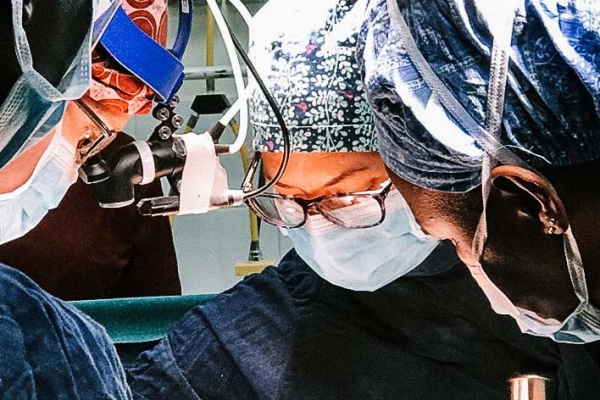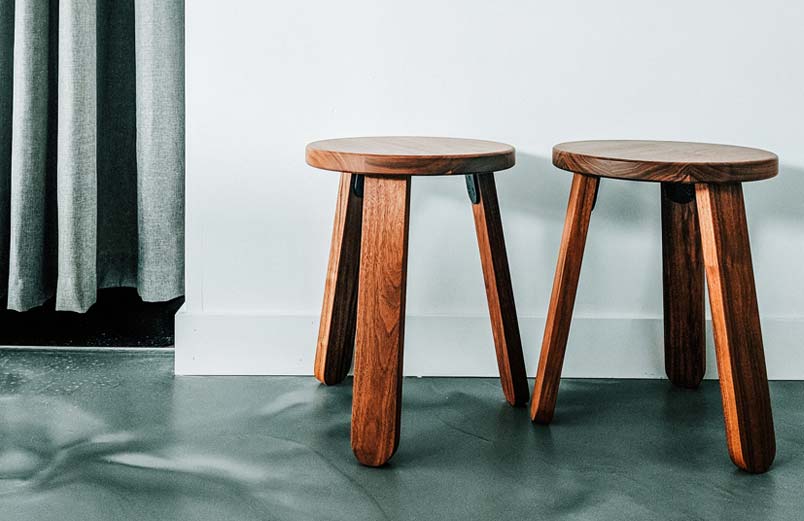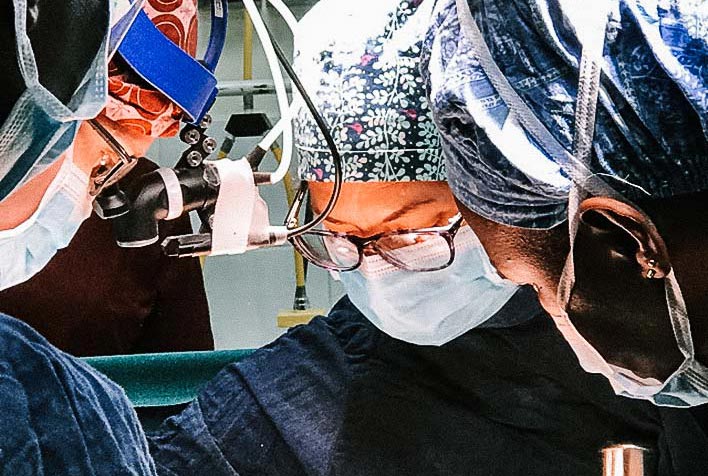
Godly Grit vs. Godless Grind
JULY 5, 2021 | 4 MINUTE READ
DR. ANDREA PARKER, MISSIONARY IN KENYA
In missions, there’s always too much to do and never enough people to do it all. So, when our primary goal is to get it all done, our focus becomes how we and others can accomplish the work. This often and unfortunately means preferencing the programs that we want to see succeed and the good things that we want to see achieved over the people with whom we serve, live, and work. This approach has increasingly grieved us as we’ve seen the damage done to those we care deeply about. And if I’m honest, this was one of the reasons we were feeling quite burned-out last September.
My husband, Bob, and I came to Kenya in January 2015. After four months of language school, we arrived at Tenwek in time for a mass exodus of families. The Tenwek expatriate community went from over forty kids to three within two weeks of our arrival, and the departing families left jobs that needed to be picked up. We were new to the mission field and eager to begin serving after years of preparation. But as we began to pick up new roles, our sense of identity began to shift.

One way to think about identity is like a three-legged stool.
Who Are We?
One way to think about identity is like a three-legged stool. The three legs of that stool are:
- Value: who we are as children of God and as God’s image-bearers. This is inherent, immutable, and universal.
- Significance: what we do. This includes our jobs, roles, hobbies, and the positions we hold.
- Community: where and with whom we belong. This is our group, our tribe, those who know us, accept us, and give us our sense of inclusion.
For all of us, one or two of these tend to be stronger. A healthy identity, however, requires some balance of all three.
My idea of what it means to be a “good missionary” is often based on whether I or others perceive that I am doing enough and doing it well.
Bob and I realized how much our identity is derived from our significance and what we do. Who are we? We’re surgeons, missionaries, parents, and educators. I’m a wife. He’s a husband. I’m the Assistant Program Director of the surgical residency. He is the Director of Research for Tenwek. My work is important to me, and my identity is tied to doing it well. When my competency at any (or in some cases, many) of these roles is drawn into question, my sense of identity is rocked.
My idea of what it means to be a “good missionary” is often based on whether I or others perceive that I am doing enough and doing it well.
I don’t think we’re the only ones who form our identity from our significance. While I can’t say it’s uniquely American (I don’t have knowledge of enough cultures to make that claim), I do think that for many Americans, significance is the major component of identity. After all, think about the typical questions we ask when getting to know a new person. Right after the introduction comes the question, “What do you do?”
As American cross-cultural missionaries, we carry this cultural value with us. We not only derive our identity but define our success and, in some cases, justify our existence in missions based on what we do. How many patients do I treat? How many roles do I have? What am I doing? Am I busy enough? At times, we almost wear our jobs, our roles, and our busyness within those tasks like a badge of honor.

Andrea and her team performing surgery
Godless Grit vs. Godly Grind
It’s easy to assume that God emphasizes the importance of significance in identity as much as I do. This has the potential to impact the way I view and treat myself. Do I reduce myself to the jobs I do, the roles I play, or my accomplishments? Or do I elevate my own identity based on those roles, jobs, and accomplishments? What happens if I apply that paradigm to others? Do I reduce others to their roles? Do I think of them more highly when they have more tasks? Or when they're accomplishing great things?
If we reduce ourselves and one another to tasks and accomplishments, it becomes dehumanizing. The complexity of identity should encompass who we are as image-bearers of God and our belonging in community. A unidimensional idea of identity drastically diminishes the value we assign to ourselves and others. I wonder if this doesn’t augment the godless grind, the unpleasant and unholy cycle of just enduring that results in burnout, rather than promoting godly grit, a divine perseverance and passion that allows us to thrive long-term.
Why Would I Not Ask God to Use Me?
I’ve begun to wonder if, in asking God to use me, what I’m doing is asking God to prop up my identity by increasing my significance. Over these years of missions, I have found myself feeling guilty if I think I am not doing enough or if I think that others will think I’m not doing enough. If I see a role going unfilled, I have tended to ask the question, “If I don’t do it, who will?” I fall into the patterns of comparison. If I’m not taking call every other day or leaving the hospital after dark when someone else is, am I really doing enough to earn my spot in missions?
Perhaps it reflects that I don’t trust God’s control if I constantly fill the gaps in my human effort regardless of the consequences.
This has caused me to reflect. What if I stopped asking God to use me? What if, instead, I asked God to prune me or to grow others with me in community? Would that strengthen the part of my identity that comes from community? Or what if I asked God to give me a deep, transformative knowledge that I am God’s masterpiece and that those I encounter daily are God’s works of art? Would that strengthen the worth and value part of my identity? Would it help me understand God in a more holistic way?
Perhaps it reflects that I don’t trust God’s control if I constantly fill the gaps in my human effort regardless of the consequences.
I have a deep desire to be a part of what God is doing in this world. I want to participate in kingdom work. But my identity desperately needs more balance. I don’t want to create God in my image and the way I hyper-value tasks. I don’t want to reduce myself and others to jobs, roles, and duties. I don’t want to dehumanize or devalue others. I don’t want to prioritize programs over people. I want my ministry at Tenwek to be holistic and life-giving.
I want godly grit, not godless grind.
ACTION STEP
PRAY: Where do you derive your identity from? Is it from what you do or the roles you fill? Ask God to prune you and to reshape how you see yourself. Ask him to help you reorder your priorities and to value others because they’re made in His image, not because of what they accomplish.
Author Bio: Dr. Andrea Parker and her husband, Bob, both serve as surgeons at Tenwek Hospital in Kenya. For them, medical missions is an opportunity to reach out to others with the healing love of Jesus.
